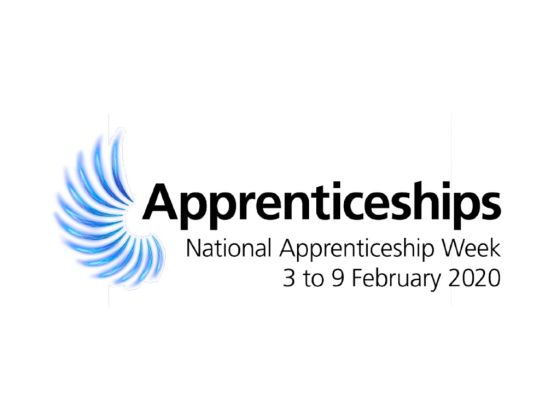
The 13th annual National Apprenticeship Week runs next week, over 3-7 February 2020, celebrating and promoting apprenticeships across England.
Employers are being asked to open their doors for "Look Beyond" events to bring apprentices, parents and teachers together. Toolkits are available for supporters of the week, while employers are encouraged to host events in the workplace and can take part in the #AskAnEmployer Q&A on Twitter, from 12pm to 2pm on Tursday 6 February.
BAE is to create 800 new apprenticeships in the UK this year, the fastener and tool industries have some considerable success stories in the apprenticeship field.
Keith Smith, apprenticeships director at Education and Skills Funding Agency/Department for Education, said: “A week-long celebration of all things apprenticeships gives opportunity to recognise the importance of apprenticeships and their impact. National Apprenticeship Week also enables employers, providers, partners and apprentices themselves to creatively celebrate what apprentices achieve and the impact they have locally, regionally and nationally."
Meanwhile, the apprenticeship levy continues to be the subject of some controversy. Earlier this month, the EDSK think tank warned that the apprenticeship levy is being spent on jobs that offer minimal training and low wages, or rebadging jobs already on offer (although the Department for Education refutes the claim). The levy is expected to raise £3.4 billion by 2023-24.
Recruitment post-Brexit
2020's National Apprenticeships Week comes in a significant year for UK recruiters, the end of which coincides with the close of the UK's transition period of its exit with the EU and therefore the end of free movement. The Migration Advisory Committee (MAC) has reported on salary thresholds and a points-based immigration system, which the CBI has today responded to:
“Businesses know free movement is ending," said Matthew Fell, CBI Chief UK Policy Director. "A new immigration system that is fair and sustainable from day one is as important for many firms as our future trading relationships.
“Reducing the headline salary threshold will be welcomed by businesses, which argued that a £30,000 cap would be damaging. Yet even with a commitment to world class business training, it remains unclear how firms can hire for mid-skilled roles such as LGV drivers, joiners and lab technicians who don’t meet the £25,600 test.
“Flexibility will be needed to build a system that lets wages rise where there are shortages while helping businesses to access the skills and labour needed to grow all parts of the UK. Business looks forward to working in partnership with government to get this new system right.”



